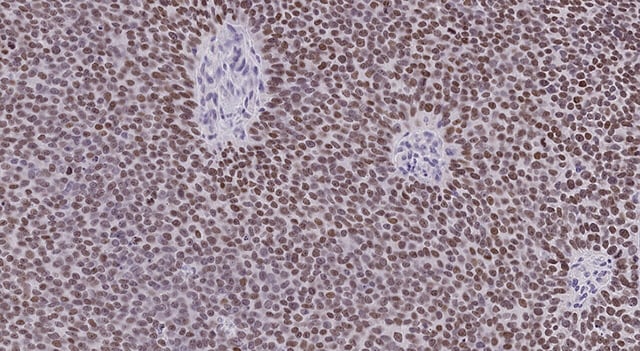Overview
- University of Michigan researchers found that PROX1 expression rises in prostate tumors undergoing lineage plasticity and correlates with aggressive, androgen receptor-independent subtypes.
- PROX1 acts as a transcription factor that represses androgen receptor pathways, driving the transition to treatment-resistant double-negative and neuroendocrine prostate cancers.
- Genetic deletion of PROX1 in model cells caused significant growth arrest and cell death, demonstrating its essential role in tumor survival.
- Investigators discovered that histone deacetylases bind PROX1 and that FDA-approved HDAC inhibitors can deplete PROX1 protein and kill aggressive prostate cancer cells.
- These findings underpin plans for clinical trials to repurpose HDAC inhibitors against PROX1-driven, treatment-resistant prostate cancer subtypes.
